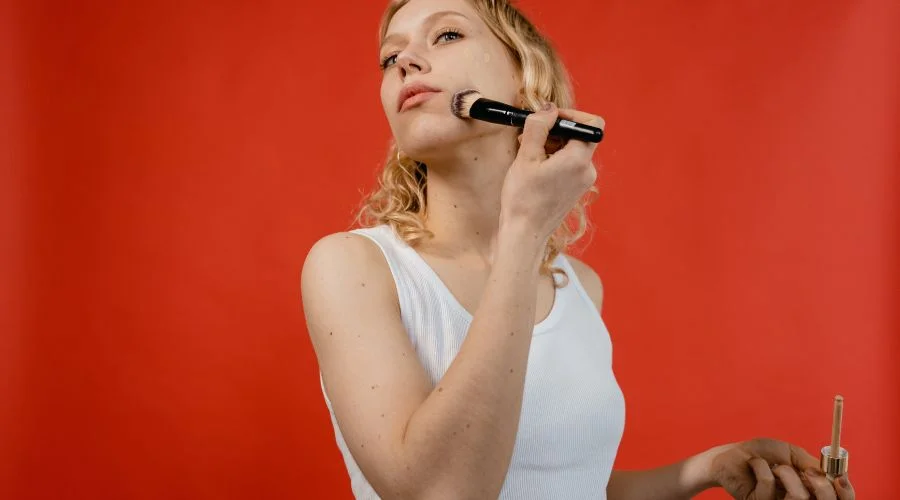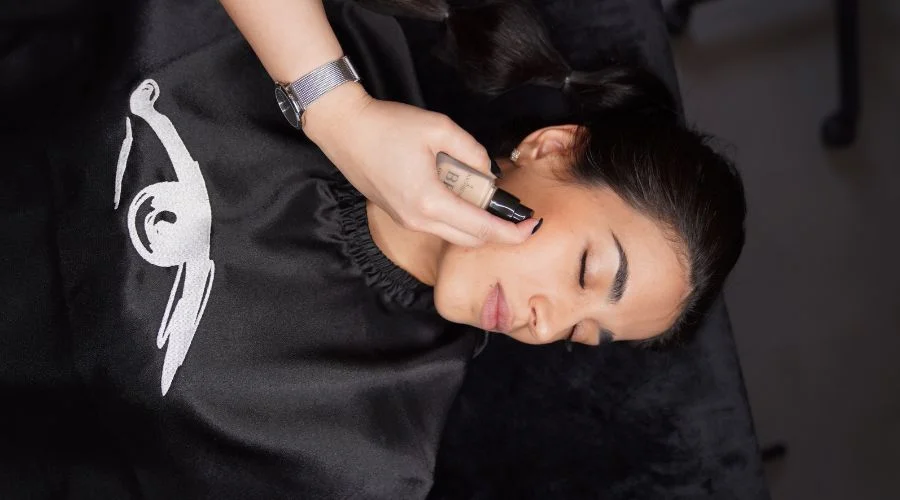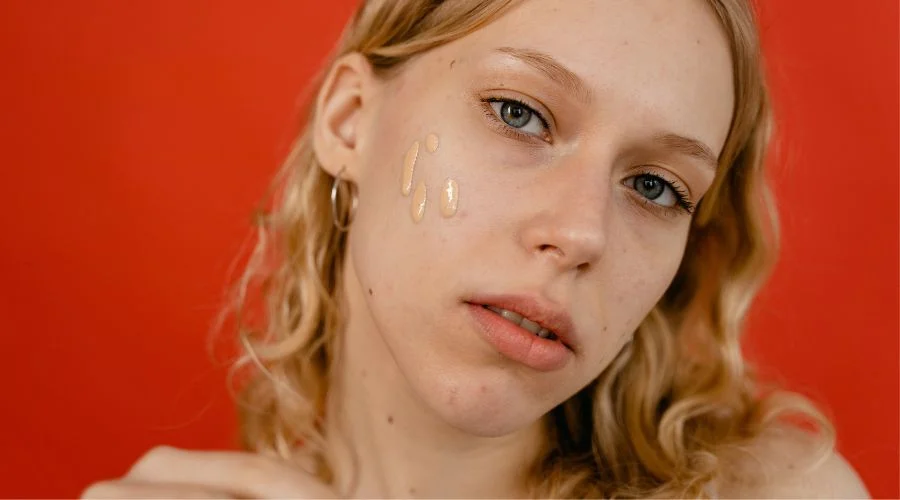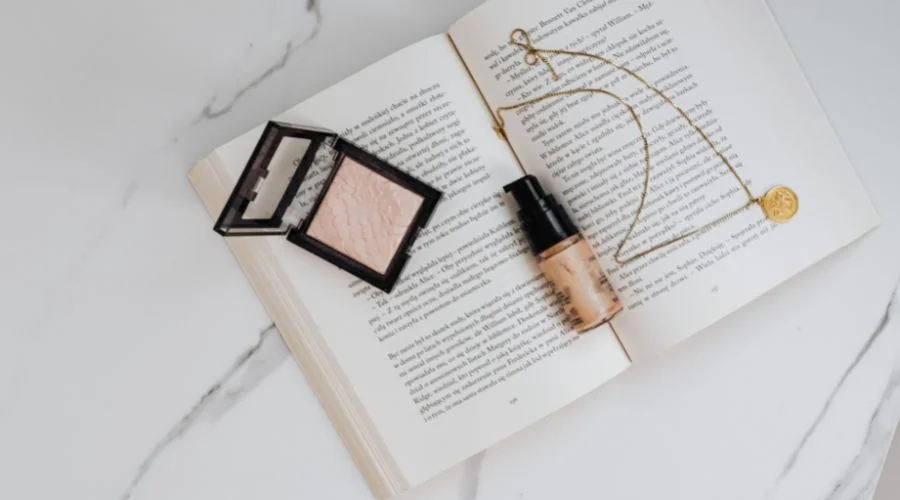Many foundations are formulated with SPF, but few are made specifically for your skin. Instead, they’re just another product competing for space on your crowded shelf. To find the best foundation for you, you need to know your skin type. Here’s a brief overview of the most common types and what might be best for yours. If you have oily or combination skin, look for a water-based gel foundation that won’t clog pores and will let your skin breathe.
Look for oil-free formulas with neutralizing ingredients like green tea extract or sodium lactate. If you have dry skin, consider a hydrating liquid or cream foundation that contains humectants like glycerin, honey or sodium hyaluronate to trap moisture in your skin. In dry conditions, avoid mineral oil and lanolin which tend to exacerbate flaking and dehydration.

If you have sensitive skin, buy products that are fragrance free and preferably also paraben free as well as oils with fewer comedogenic ingredients such as oat amino acids. If redness is an issue, choose yellow-based foundation which will neutralize any redness better than blue-based ones. Also look for anti-inflammatory botanicals like chamomile or aloe vera to soothe inflammation from internal or external triggers.
Finding the right shade and finish
Your skin tone and undertones are the best indicators of the right foundation shade. Generally, the paler your skin, the pinker the undertone; the darker the skin, the more yellow it is. The way light is reflected on your skin is what gives it that pink or yellow tone. If your skin is very dry, normal or combination, you’ll most likely need a foundation with a matte finish which will help to even out your skin and provide some coverage. However, if your skin is oily or acne-prone, you might be better off with a dewy finish which will tend to look less oily and be easier to blend out.

1. Liquid Foundations
Liquid foundations are the most popular type of foundation because they are easy to apply, quick to dry and come in a wide variety of formulations. They can also be applied more thinly than any other type of foundation, which is important for people who have thin or patchy areas of skin. The most popular ingredients in liquid foundations are water, oil, wax and silicone. Water is the base for most liquid foundations, which makes them quite thin. Oils are used to thicken them and make them last longer. Waxes are used to give the foundation a matte finish. Silicones are used to make the foundation water-resistant and prevent it from being absorbed into the skin.

2. Gel Foundations
Gel foundations, which are water-based, are lightweight and often contain hydrating ingredients like aloe or hyaluronic acid. They provide a dewy finish that works especially well for combination and oily skin. Because they are water-based, they can also be used by people with sensitive skin. Gel foundations are great for anyone who wants a dewy finish and a light coverage. They are great for people who have oily and combination skin types. Gel foundations are easiest to apply with a sponge or your fingers. You can also use a brush, but the product will not be as evenly distributed. If you use your fingers, be careful not to rub too hard, or you could cause breakouts. Using a sponge is the safest way to apply this type of foundation.

3. Powder Foundations
Powder foundations are made from a combination of ingredients that usually include silica, boron nitride, talc and corn starch. They are often used by people who desire full coverage. A good powder foundation should provide a smooth, natural finish that looks like you’re not wearing any makeup at all. A good powder foundation will have the following qualities: It should be long-lasting, but not cakey; it should be blendable, so you can easily conceal blemishes and other imperfections; and it should be lightweight, so you don’t feel like you’re wearing a ton of makeup.

Conclusion
There are many different types of foundations which can be a bit overwhelming. Finding the right foundation is all about finding one that works with your skin type and is the right shade. Foundations are available in liquid, powder, cream or stick form and come in many different shades. The best foundation for you will depend on your skin type, coverage needs and desired finish. Keep in mind that the best foundation for you doesn’t have to be the most expensive. It just has to be the right formula for your skin, provide the coverage you need and look natural when applied.

